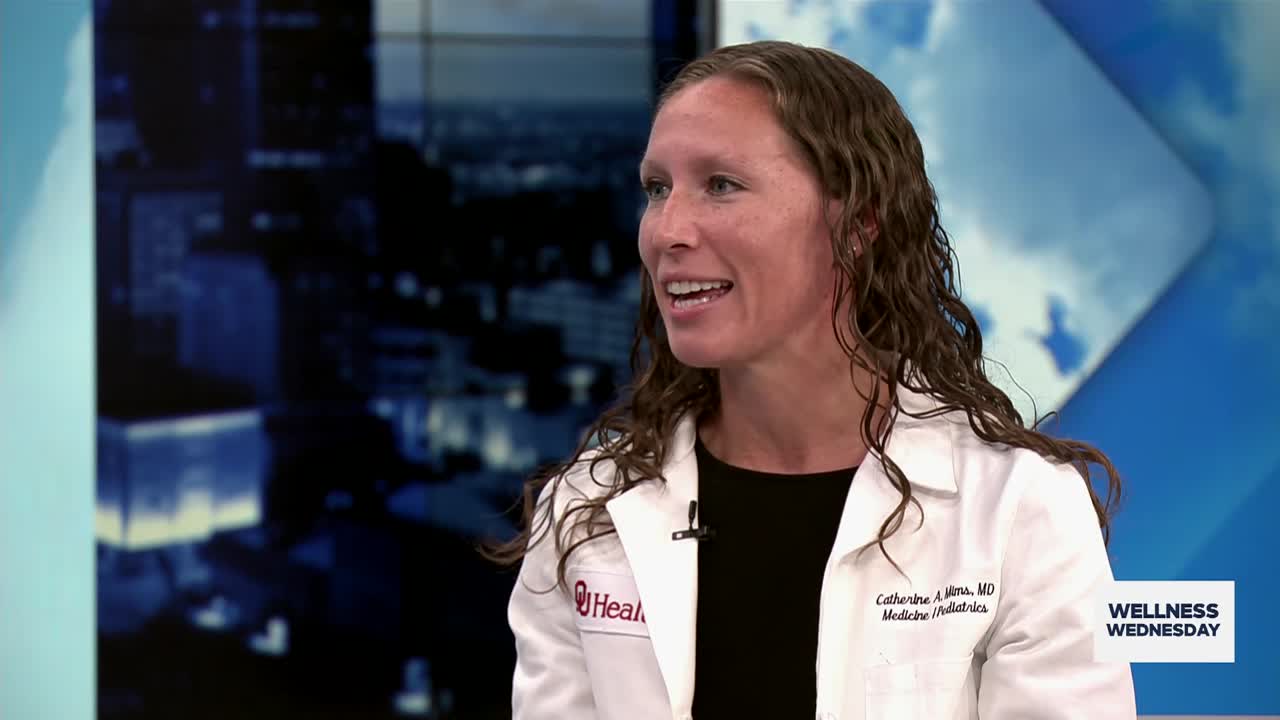It’s Wellness Wednesday, and this week’s focus is on vitamin D and its role in overall health. Many people assume they’re getting enough during the summer months, but that’s not always the case.
We sat down with Dr. Catherine Mims, an internal medicine specialist at OU Health, to talk about the importance of vitamin D, how to know if you’re deficient, and what you can do to maintain healthy levels safely.
Why is vitamin D so important for our bodies?
Dr. Mims: “Vitamin D is definitely an essential vitamin for a whole variety of reasons. Most people associate it with bone health, which it absolutely is, but it is what is responsible for our absorption of calcium, and calcium plays roles in lots of things, so certainly for bone health and maintaining bone strength.”
“But recent data has kind of also demonstrated that vitamin D is associated with cognitive health. So kind of preventing dementia in the future with your immune system. Low vitamin D is associated with getting sick more easily or more sick, um, than you would otherwise expect. Even some cancers.”
Is it possible to have too much vitamin D?
Dr. Mims: “So it is possible to have too much vitamin D because it can get stored up in the liver. It’s not one that you necessarily just urinate right out. So we aim for kind of the one-year-olds to 70-year-olds somewhere around the 600 international units, or IU, is what you’ll see on the bottle, and then greater than 70, at least 800 IU.”
What are some good sources of vitamin D?
Dr. Mims: “So, in the U.S., we have tried to fortify our food a little bit more with vitamin D, but it can be a little bit challenging. So, people think of whole milk. I don’t typically recommend that for adults. You can take it as a vitamin, as a supplement, purchased anywhere. And then, the sun. The sun is how most of us would get vitamin D if we didn’t live in 70 and fluorescent all the time.”
How do you know if you have a vitamin D deficiency?
Dr. Mims: “So it’s a simple blood test that you can ask your primary care provider to add on. I will say the vast majority of Americans are vitamin D deficient simply because we live inside most of the time.”
“It’s hard because it probably has some symptoms that overlap with lots of other things. However, it can cause profound fatigue. Sometimes it can cause some bone pain, a little bit of aching. But those are the things that I kind of think of that people are complaining about and say, ‘I might go ahead and order a vitamin D test.'”
